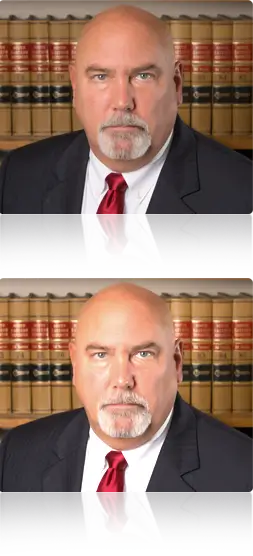How to Prove Medical Malpractice

Most of us are not medical experts. When we have an injury or illness, we depend on medical professionals to tell us what to do. We expect that they will conduct the appropriate tests, come up with a proper diagnosis, and suggest an effective treatment. When doctors do not act in patients’ best interests, when through negligence or frugality they fail to faithfully execute their professional duty, people get hurt. Proving a case of medical malpractice, however, requires more than showing a doctor was wrong. Physicians can be doing their best and still get it wrong; medicine is often an inexact science. Showing medical malpractice requires more. To learn how to demonstrate medical malpractice in West Virginia, read on, and call a dedicated Martinsburg medical malpractice lawyer if you’ve been hurt by a doctor or hospital’s medical negligence in West Virginia.
The Basics: Duty, Breach, Injury, Causation
Proving any personal injury claim requires demonstrating four elements: duty, breach, injury, and causation. Depending on the nature of the claim, one or more elements may be obvious. In the case of medical malpractice, “duty” is generally a given: Healthcare professionals have a duty to their patients to treat them with an appropriate level of diligence and professional competence. Injury is also typically a given when bringing a medical malpractice claim; the victim likely wouldn’t be considering a claim if they were not somehow suffering, be it through injury or illness. There are, of course, situations in which one of these elements is less clear.
In medical malpractice claims, the most challenging element to prove is typically breach, and, depending on the circumstances, causation. To prove breach of duty, the plaintiff will have to show that the doctor somehow failed in their duty to the patient. It is not enough that the doctor missed a diagnosis or that a surgery was not fully successful; the plaintiff must show that the doctor failed to act as a reasonable doctor would have given the circumstances. Then, the plaintiff must show that that failing was causally related to the injury suffered. For example, the doctor failed to conduct a normal test, causing him to miss an obvious diagnosis, and as a result the patient’s condition was allowed to significantly worsen. It can be tricky to prove that the patient’s harm was not merely caused by the underlying condition, but that it was actually made worse by the physician’s substandard care.
Proving a Doctor Was Negligent
Medical malpractice claims typically turn on whether the doctor was reasonable or instead was negligent. The court will endeavor to determine whether the medical professional acted with the skill and care that a similarly trained healthcare professional would have demonstrated under the circumstances. This is known as the medical standard of care. Violating the medical standard of care is proof of negligence and, in turn, breach of duty to the patient.
Typically, both parties will need medical experts to establish the relevant elements. Experts will need to establish the applicable medical standard of care–that is, establish what a reasonable doctor should have done in the given situation. Then, the experts will need to establish whether what the healthcare professional did was in line with that standard of care. The experts will rely on their training, education, and experience, as well as clinical guidelines published by medical professional groups to determine the appropriate standard of care in the given situation.
The healthcare professional may have been negligent in a number of ways. They may have failed to conduct a standard test, failed to notice or acknowledge relevant symptoms, or misunderstood the medical chart. They may have ignored the patient’s medical history or allergy to certain medicines. They may have botched a surgery by, for example, leaving a medical utensil inside the patient. While some cases, such as the latter, are more obvious, in other cases ascertaining the standard of care and whether the medical professional violated that standard can be difficult and complex. It is important to have a savvy medical malpractice attorney in your corner in order to build the strongest case for malpractice and to maximize your available damages.
TRUSTED HELP WITH YOUR MARTINSBURG MEDICAL MALPRACTICE CLAIM
If you or someone you care about has been the victim of medical malpractice in West Virginia, call the experienced and professional Martinsburg personal injury attorneys Burke, Schultz, Harman & Jenkinson at 304-263-0900 or (304) LAWYERS for a free consultation.





